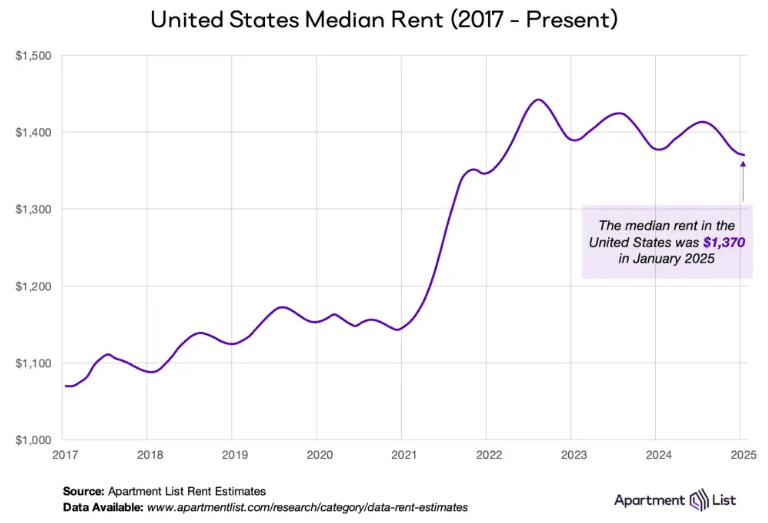Property Management Moneyball: Maximizing Rental Returns with Data-Driven Decisions
Introduction
In “Moneyball,” Billy Beane revolutionized baseball by relying on data and analytics rather than intuition, superstition, or tradition. In property management, a similar data-driven approach can drastically improve investor returns, yet many landlords still make decisions based on personal preferences rather than cold, hard facts. When property investors forego crucial data—such as annual renter surveys or maintenance cost analytics—they risk investing in upgrades that appeal to their tastes rather than renters’ needs. This article explores how a Moneyball-inspired strategy, rooted in practicality, can transform your rental property performance by aligning upgrades with renter demands and optimizing pet policies.
Common Pitfalls: The Personal Touch Versus Renter Needs
For many property owners, managing rentals isn’t purely a financial pursuit—it’s personal. They’ll make decisions based on what they’d enjoy or what looks good to them, leading to misguided investments. For example:
Moneyball Insight: Instead of personal tastes, use annual renter surveys and rental market data to guide your choices. By focusing on what renters actually want, you’ll create a property that’s easier to fill and more likely to retain long-term residents.

Have Similar Questions to “How Can I Play Moneyball in Property Management?” Test Our Custom Trained GPT. (This is for NC, SC is coming January 2025).
https://chatgpt.com/g/g-XgjdEmial-nc-rental-property-management-guide-by-movezen
Essentials Over Extravagance: What Renters Really Want
When investing in property upgrades, essentials often trump extravagance. In the middle-income rental market, amenities like in-unit laundry, basic fencing, and outdoor storage are far more attractive than high-end finishes. Here are a few practical upgrades that consistently top renter wish lists:
Moneyball Insight: Before committing to costly aesthetic upgrades, weigh the ROI of practical features that will increase tenant retention and allow you to maintain competitive rents.
Addressing the Pet Policy: A Profitable Decision Despite the Risks
Pet policies are often a point of contention among landlords. Many owners avoid allowing pets, fearing increased damage and cleaning costs. However, with data-driven management, a pet-friendly policy can become a significant profit center.
Moneyball Insight: Pet-friendly rentals appeal to a larger tenant pool and provide an additional revenue stream through pet fees. When managed carefully, the income from pet-friendly policies often outweighs the rare instances of pet-related damage.
The Data-Driven Upgrade Strategy: Getting the Most from Your Investment
In the spirit of “Moneyball,” consider analyzing data at both the property and market levels before making significant changes. This approach involves:
Moneyball Insight: By building a data-backed maintenance and upgrade strategy, you can maximize your investment returns without overspending on upgrades that won’t increase rental appeal.
The Psychological Edge: Understanding Renter Behavior
In “Moneyball,” Beane took advantage of player behavior patterns to draft underappreciated talent. Similarly, understanding renter behavior can reveal valuable insights. For example:
Moneyball Insight: Invest in understanding what renters value over time and how they’re likely to behave in the property to structure policies and upgrades that enhance tenant experience without extra expense.

Moneyball Insight: Applying practicality over personal preference has allowed us to achieve a balance between minimizing costs and maximizing renter appeal, proving that a data-driven approach can work for any market.
Conclusion: The Moneyball Formula for Property Management Success
Applying practicality over personal preference has allowed us to achieve a balance between minimizing costs and maximizing renter appeal, proving that a data-driven approach can work for any market. The principles of Moneyball’s data-driven decisions, focusing on what works over what’s flashy, and understanding behavior patterns, apply perfectly to property management. By abandoning personal preferences and aligning upgrades with renter demands, investors can maximize the profitability of their rental properties while keeping tenants satisfied.
Like Beane’s success in baseball, data-driven property management is a game-changer. Embracing practicality and market knowledge will create an investment that pays off in both the short term and the long run. It’s not about the flash—it’s about building a property that works.












